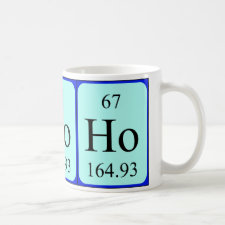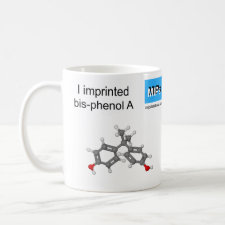
Authors: Tsalbouris A, Kalogiouri NP, Kabir A, Furton KG, Samanidou VF
Article Title: Bisphenol A migration to alcoholic and non-alcoholic beverages - An improved molecular imprinted solid phase extraction method prior to detection with HPLC-DAD.
Publication date: 2021
Journal: Microchemical Journal
Volume: 162
Article Number: 105846.
DOI: 10.1016/j.microc.2020.105846
Alternative URL: https://www.sciencedirect.com/science/article/pii/S0026265X20337887
Abstract: The great concern about food contamination and human exposure to bisphenol A (BPA) necessitated the development of a green and highly selective method for the efficient monitoring of BPA migration from the packaging materials to alcoholic and non-alcoholic beverages. Molecularly imprinted solid phase extraction (MISPE) coupled to high pressure liquid chromatography-diode array detection (HPLC-DAD) using an imprinted sol-gel silica-based hybrid inorganic-organic polymeric sorbent (sol-gel MIP) was applied in the determination of BPA in trace levels. The sorbent mass was optimized. The highest absolute recovery (RE = 84.1%) was obtained with the use of 50 mg of mass sorbent. The extraction protocol involved 0.5 mL sample loading, 15 min of holding time and elution with 2 mL ACN. The imprinting factor (IF) was equal to 3.63 ± 0.11 (n = 3). The developed MISPE-HPLC-DAD method was validated and demonstrated excellent linearity (0.997), high recovery (RE: 99.5% ± 5.7, n = 3), intra-assay repeatability over the range 92.4-98.1%, n = 3; and inter-assay precision over the range 81.2-102.3%, n = 3. Overall, 36 alcoholic and non-alcoholic beverages available in the Greek market were tested for BPA and the quantification results were below the regulation limit for all the samples over the range 0.011-0.041 ng mL-1
Template and target information: bisphenol A, BPA
Author keywords: BPA, MIP, HPLC-DAD, migration, Beverages, Green microextraction



Join the Society for Molecular Imprinting

New items RSS feed
Sign-up for e-mail updates:
Choose between receiving an occasional newsletter or more frequent e-mail alerts.
Click here to go to the sign-up page.
Is your name elemental or peptidic? Enter your name and find out by clicking either of the buttons below!
Other products you may like:
 MIPdatabase
MIPdatabase









